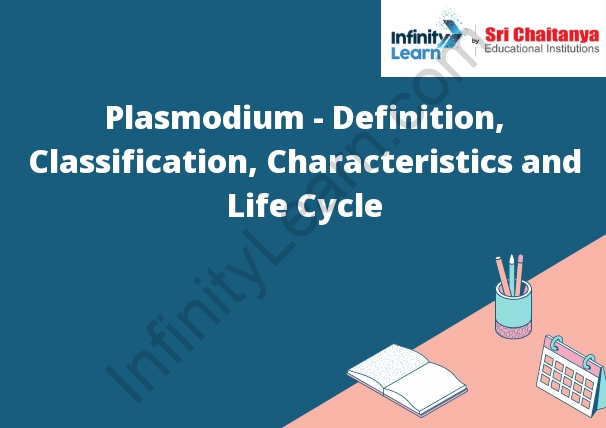Table of Contents
What is Plasmodium?
Plasmodium – Definition:
- Plasmodium is a genus of parasitic protozoa that cause malaria in humans. The most deadly species of Plasmodium is Plasmodium falciparum, which is responsible for the majority of malaria-related deaths. Other Plasmodium species that can cause malaria include Plasmodium ovale, Plasmodium vivax, and Plasmodium malariae.
- Plasmodium parasites are transmitted to humans through the bites of infected mosquitoes. Once inside the human body, the parasites invade and multiply in the liver. From the liver, the parasites spread to the red blood cells, where they reproduce and cause malaria symptoms.
- The symptoms of malaria can vary depending on the species of Plasmodium that is causing the infection. However, common symptoms of malaria include fever, chills, headache, nausea, and vomiting. In severe cases, malaria can lead to seizures, coma, and death.
- Plasmodium parasites are treated with antimalarial drugs. Prevention of malaria is done by avoiding mosquito bites (using insect repellent, for example) and by taking antimalarial drugs prophylactically.

Classification of Plasmodium
There are five species of Plasmodium that cause malaria in humans: Plasmodium falciparum, Plasmodium malariae, Plasmodium ovale, Plasmodium vivax, and Plasmodium knowlesi.
- Plasmodium falciparum is the most deadly species of Plasmodium, and is responsible for the majority of malaria cases. It is found in Africa and Southeast Asia.
- Plasmodium malariae is the second most deadly species of Plasmodium, and is found in Africa and the Middle East.
- Plasmodium ovale is found in Africa and the Caribbean.
- Plasmodium vivax is the most common species of Plasmodium, and is found in most parts of the world.
- Plasmodium knowlesi is found in Southeast Asia.
Characteristics and Life Cycle of Plasmodium
- Plasmodium is a parasitic protozoan that causes malaria in humans. It is a single-celled organism that can exist in a number of different forms, depending on the stage of its life cycle.
- Plasmodium is spread by the bite of an infected mosquito. When the mosquito bites a person, it injects the parasite into the person’s blood. The parasite then travels to the person’s liver, where it multiplies. The parasites then enter the bloodstream and infect red blood cells.
- Symptoms of malaria include fever, chills, and headache. The disease can be fatal if not treated.
- There is no vaccine for malaria, so the best way to prevent it is to avoid being bitten by mosquitoes. Insect repellent, mosquito nets, and clothing that covers the body are all effective methods of prevent
Pathogenicity of plasmodium vivax
- Plasmodium vivax is a protozoan parasite that causes malaria. It is the most common cause of malaria outside of Africa. Vivax malaria typically causes a less severe form of the disease than falciparum malaria, the most deadly form. Vivax malaria is most often spread by mosquito bites.
- The pathogenicity of plasmodium vivax is well known. This parasite is responsible for causing malaria, a deadly disease that affects millions of people each year. Vivax malaria typically causes a less severe form of the disease than falciparum malaria, the most deadly form. However, vivax malaria can still be fatal in some cases. Vivax malaria is most often spread by mosquito bites, but can also be transmitted through blood transfusions or shared needles. Treatment for vivax malaria includes antimalarial drugs, such as chloroquine or quinine. Prevention of vivax malaria includes using insect repellent, wearing long sleeves and pants, and using mosquito nets.




